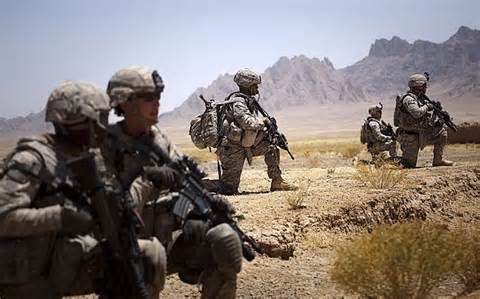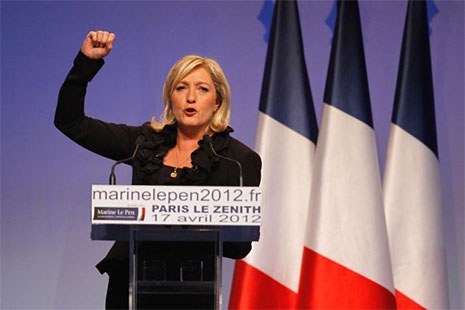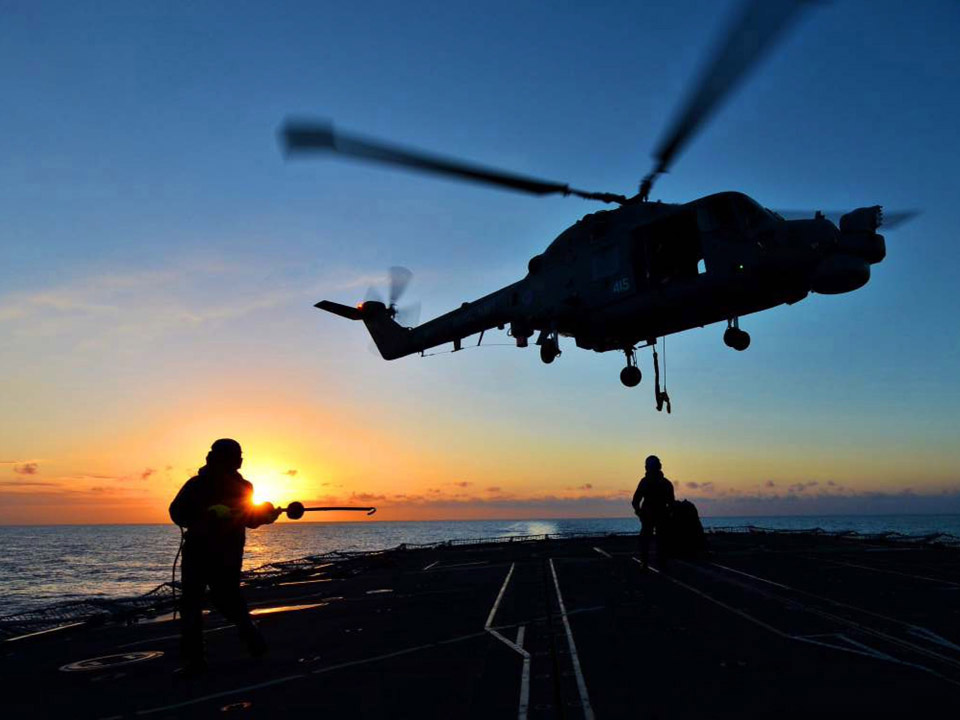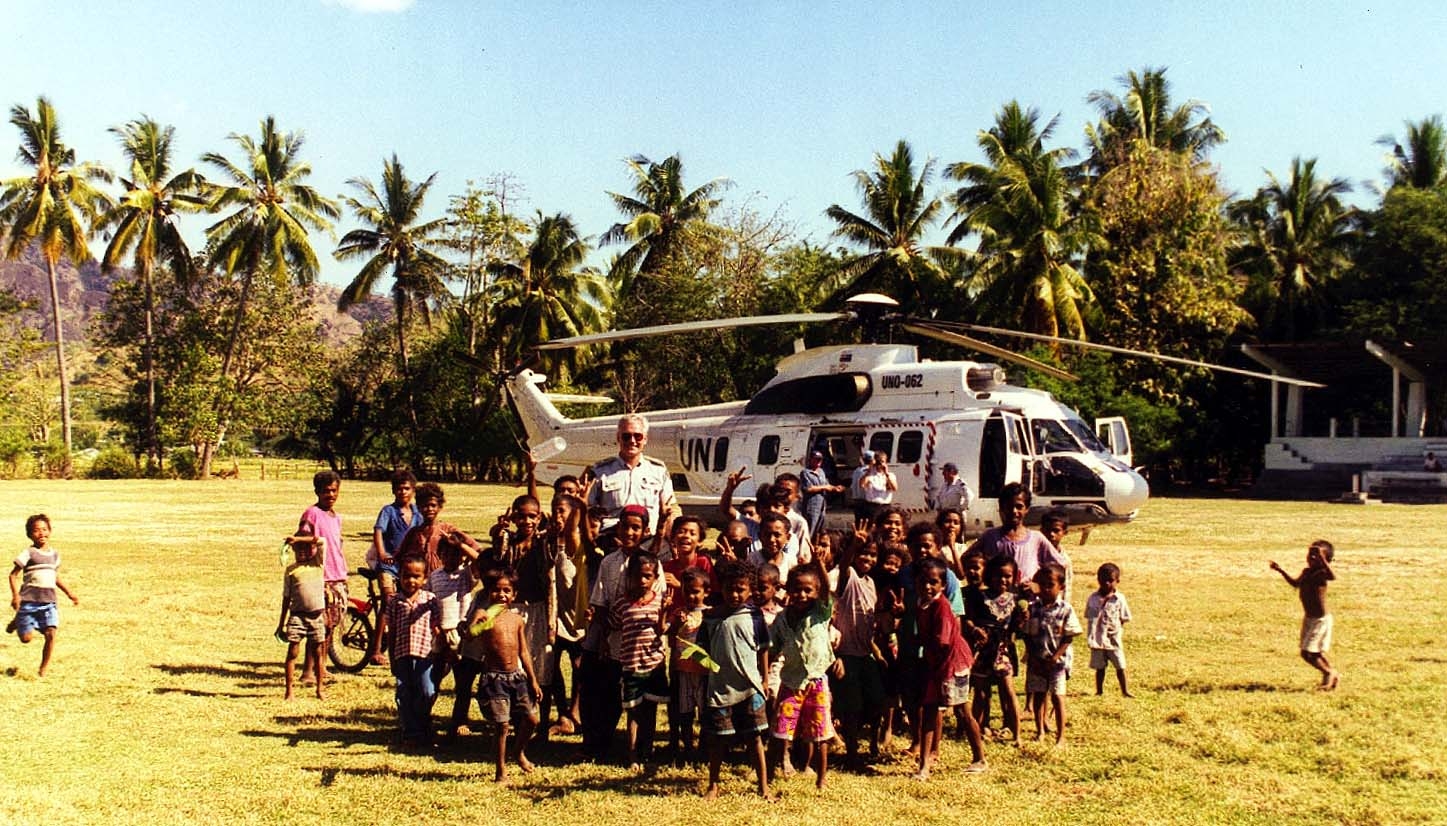
As part of its Peace & Security mandate, NATO’s primary objective in Afghanistan is to empower the Afghan government to provide effective security across the country while developing new Afghan security forces to ensure Afghanistan can never become a safe haven for terrorists again. The 49 nations which make up the NATO-led International Security Assistance Force (ISAF) are supporting the Afghan National Security Forces (ANSF) in the conduct of security operations throughout the country.
In an exclusive interview with CBC radio, NATO spokesperson James Appathurai said “since 2011, responsibility for security has gradually been transferred to the Afghans and ISAF’s mission has shifted from a combat-centric role to a more enabling role focusing on training, advising and assisting”. He also added “the launch of the final stage of the transition process in June 2013 means that Afghan forces are taking the lead for security across the whole country”.
In accordance with all the relevant Security Council Resolutions, the main role of the ISAF is to assist the Afghan government in the establishment of a secure and stable environment. The ISAF forces conduct security and stability operations throughout the country together with the Afghan National Security Forces (ANSF), and are directly involved in the development of the Afghan National Security Forces through mentoring, training and equipping programs.
In close cooperation and coordination with the Government of Afghanistan and United Nations Assistance Mission for Afghanistan (UNAMA) representatives on the ground, ISAF also provides practical support for reconstruction and development efforts, as well as support for humanitarian assistance efforts conducted by Afghan government institutions, international organizations, and NGOs.
General Joseph F. Dunford, Jr., the ISAF commander in Afghanistan said “the first four months of 2014 will have a decisive impact on the future of Afghanistan, setting the conditions for the post-ISAF mission and the decade of transformation”. He noted “the peaceful transfer of political power as a result of the upcoming election, on 5 April 2014, will provide the necessary strategic momentum for sustaining the progress made during the ISAF mission”.
According to the NATO Kabul Head Quarters media release, the absence of a bilateral security agreement (BSA) has increased uncertainty among Afghans, regional neighbors, donor countries and the international community. This lack of certainty has also created unhelpful hedging behavior in the region. Economic indicators are apparent, such as reduced foreign investment, lower trade and falling government revenues. As General Dunford stated “the Afghan people continue to express the need for continued, broader international community support, evident in the widespread Afghan popular sentiment for signing the BSA, endorsed by the Afghan House of Commons”.
The Afghan National Security Forces emerged from the 2013 summer fighting season as a competent and confident force, responsible for leading the provision of security in Afghanistan; they also enjoy the support and confidence of the majority of the Afghan people. “This winter we focused on setting the conditions for 2014 by preparing the ANSF for the upcoming election and the fighting season”, the ISAF commander remarked. “We continue to strive to ensure that the progress the ANSF have made thus far is sustainable in 2014 and beyond”.
With a sense of optimism, General Dunford stated that “the surveys suggest security perceptions remain generally stable across Afghanistan; however, work remains to be done and continued ambiguity regarding the signing of the Bilateral Security Agreement may adversely affect these perceptions”. “The signing of the BSA, followed by the NATO Status of Forces Agreement (SOFA), and the decision on the Resolute Support mission, will strengthen the relationship between Afghanistan, the United States, NATO and its partner nations as well as provide the legal framework for our continued commitment to the Afghan people”. The ISAF commander made these statements in his Afghanistan Update, winter 2014.
The ISAF officials in Afghanistan claim that the Taliban-led insurgency failed to achieve its stated operational objectives for the 2013 summer fighting season. While ultimately, it has been unable to exploit the reduced ISAF presence to generate operational or strategic momentum, the insurgency draws strength from its belief that NATO will not be in Afghanistan after 2014. It has used attacks in an attempt to influence the perceptions of the Afghan people, international community, its own fighters, supporters and potential donors.
The main stream Afghans argue that insurgents and criminal elements are still capable of projecting violence into urban areas from rural areas, threatening freedom of movement along major highways, contesting government control in some areas and conducting high profile attacks and assassinations. Yet the Afghan population widely rejects the Taliban, whose support level amongst the populace remains below 15 per cent.
After the 9/11 terrorist attacks in the United States, terrorism became a major global concern for many countries. Since Canada is a major NATO member, and has been actively involved in fighting the insurgency, and providing peace and security in one of the most challenging provinces (Kandahar) in Afghanistan, it is critical for Canada to continue to be part of the NATO Peace & Security Mission in Afghanistan.
It is worth noting that since the deployment of coalition forces in Afghanistan in 2001 Canada has been playing a significant role in fighting terrorism; providing peace and security; contributing to reconstruction efforts; as well as training and equipping of Afghan security forces. Why should Canadians pay attention to this fact? As mentioned above, terrorism is a global concern not only for the United States, and Canada, but also for many other countries in the world. For this reason, like many other NATO members, if Canada contributes to the elimination of terrorism and insurgency in Afghanistan today, it will definitely benefit Canada in the long run. Therefore, all Canadians should come to realize the importance of this acute contribution and continue to support our troops and the NATO mission in Afghanistan.




